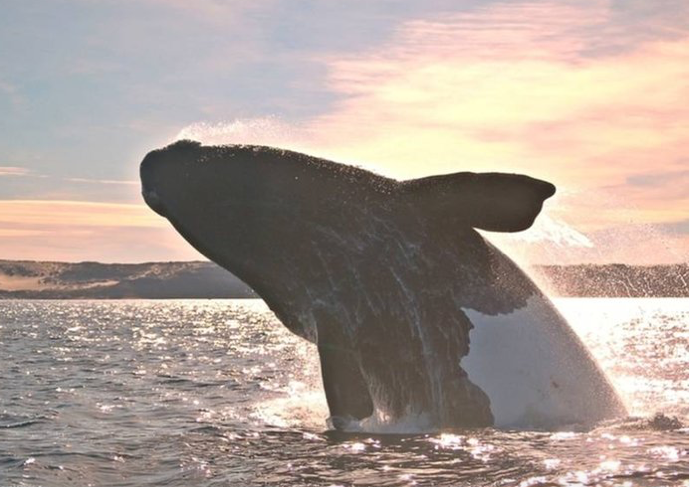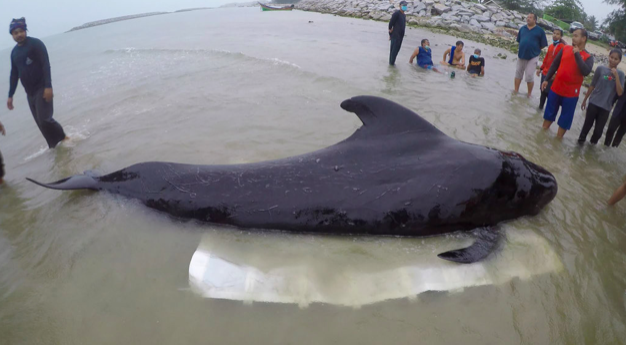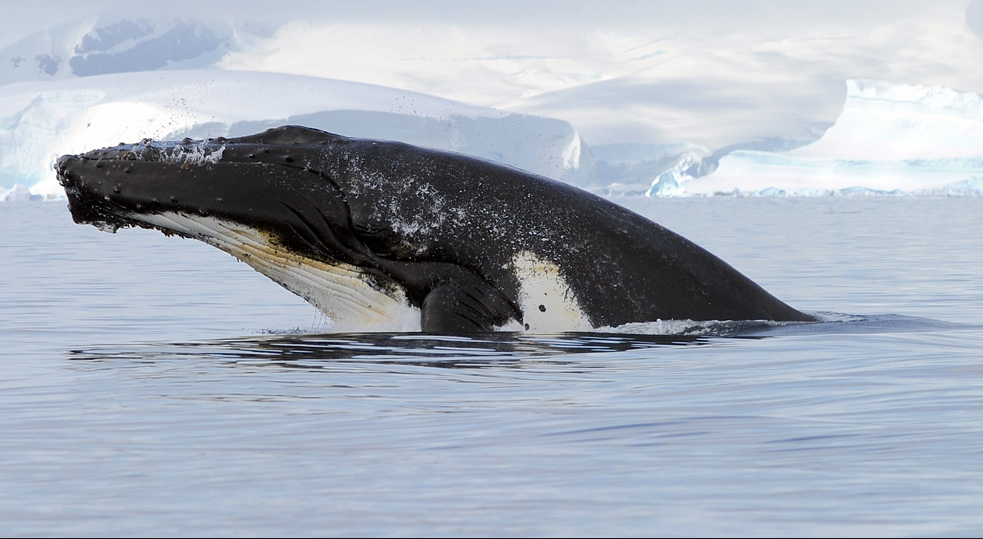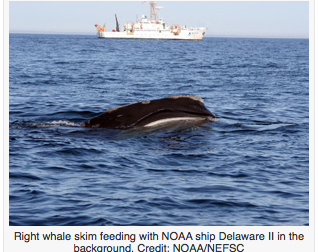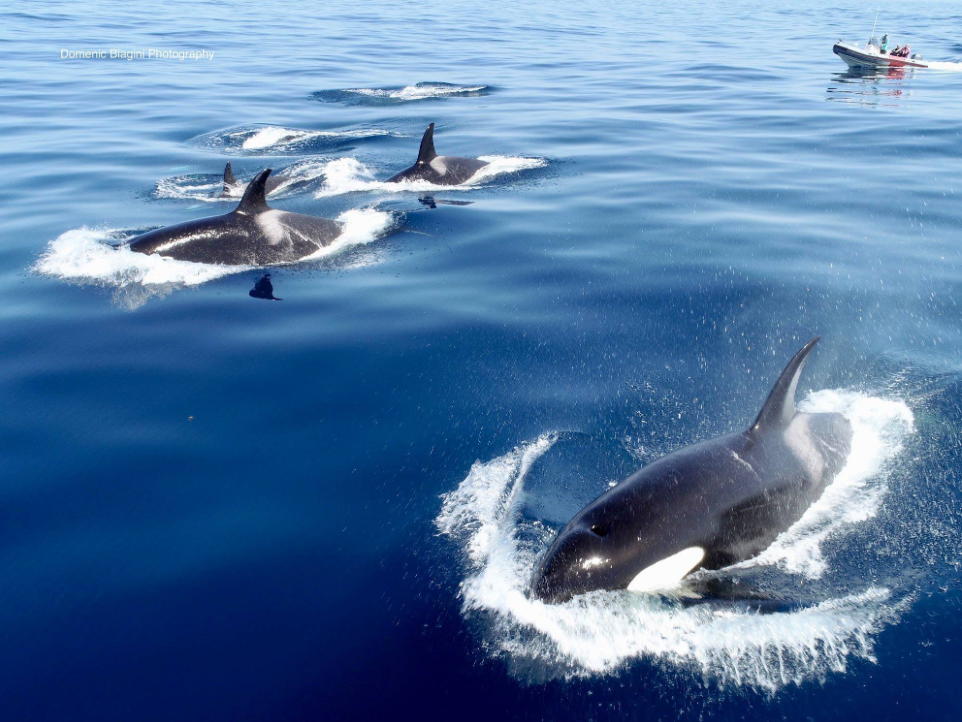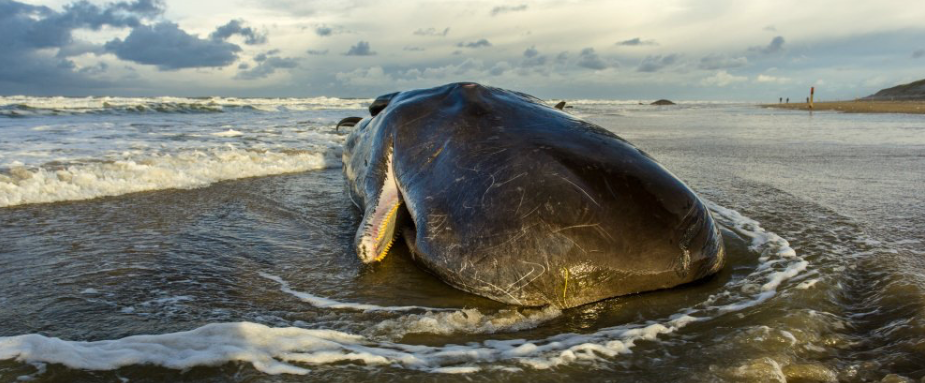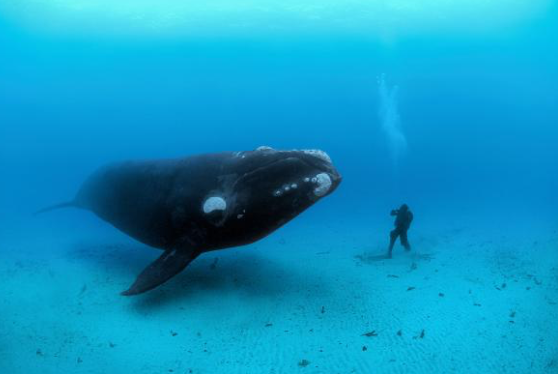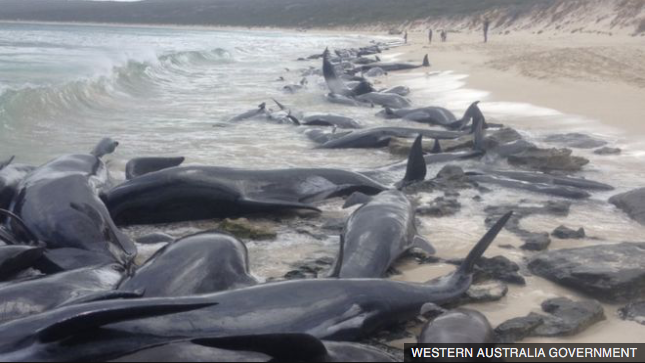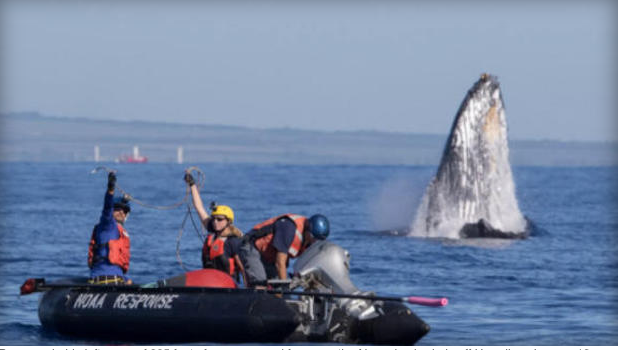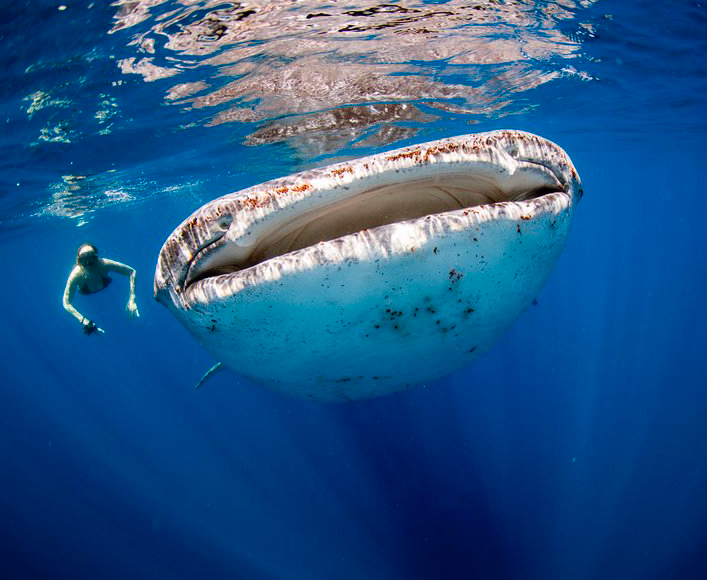
Whale Shark, the Biggest Fish in the Sea, Surfaces Behind Fishing Boat Off Charleston. See the Video
Whale sharks, the largest fish in the sea, usually live in the tropics. About the size of a school bus, growing to 40 feet long and weighing in at 20 tons, they prefer warm water, migrating every spring to the continental shelf off central west Australia, where the Ningaloo Reef provides them with an abundant supply of plankton, their food of choice. So Michael Krivohlavek, 21, a mate for Daymaker Sport Fishing Charters out of Charleston, S.C., was surprised to see a whale shark surface behind his boat recently. The fishing boat was in 150 feet of water about 36…

